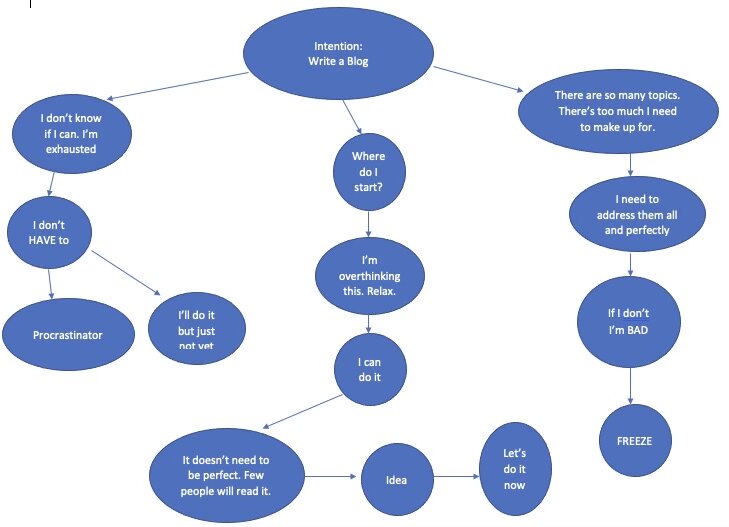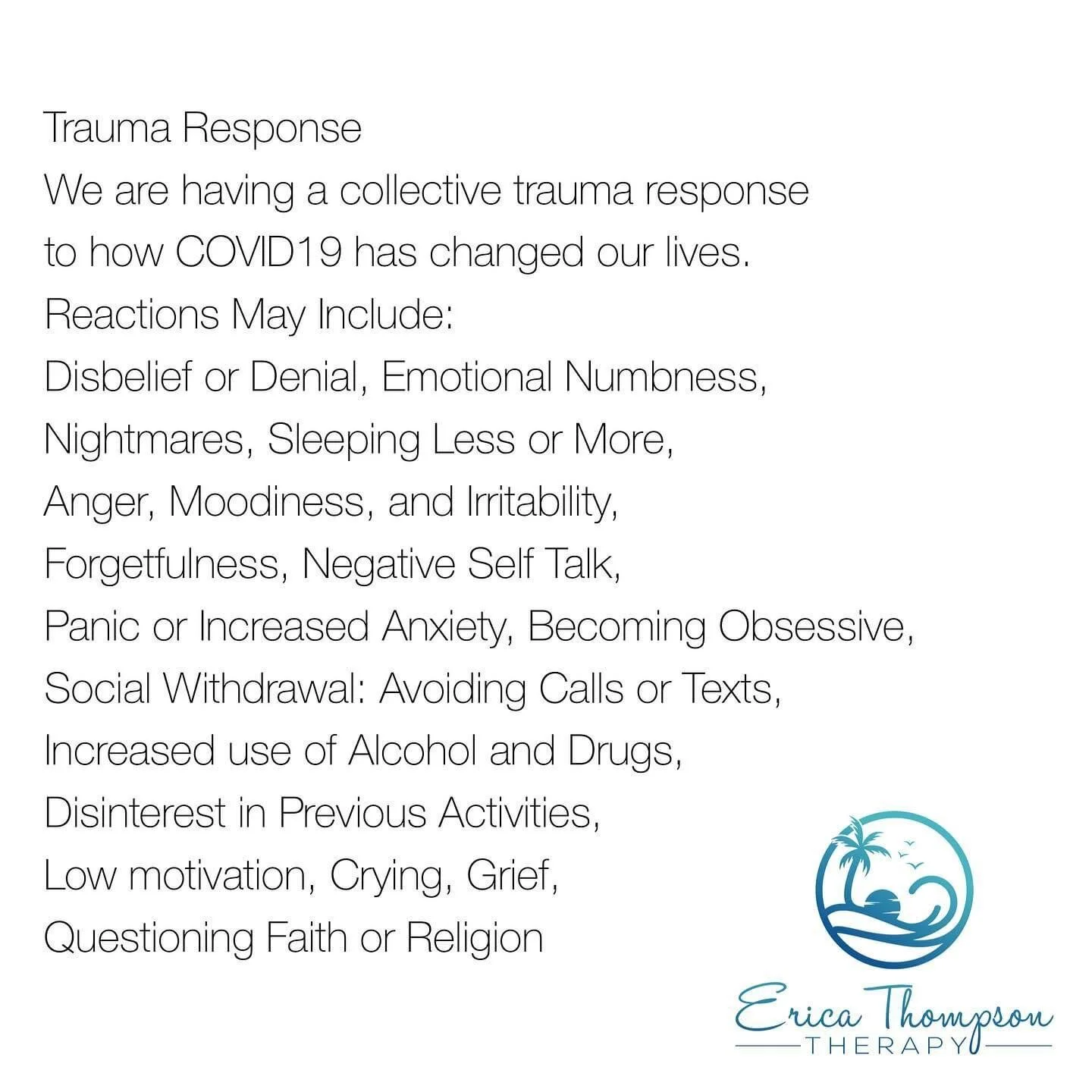There is so much I could comment on, but I don’t want to give anything away to those who haven’t seen the movie yet. I’m going to try to limit my comments to what’s clear from previews.
This movie does an amazing job showing how years after an event, it still has a large hold on a survivor’s loved ones. And, not so surprisingly, it has had zero or little impact on the lives of the perpetrator and all of the bystanders who were there at the time. Trauma leaves a mark that doesn’t ever fully leave. How we hold our trauma can shift, but it’s still there. The trauma is not just held by the person it happened to. Their loved ones may also have lives forever changed.
This movie illustrates some hard truths (though inaccurate) of how society still views sexual assault and rape. For the record, both survivors and perpetrators can be any gender. In this blog, I am going to use women to refer to survivors and men as perpetrators because that is what is portrayed in this movie. Furthermore, a majority of these crimes involve women as victims/survivors and men as perpetrators. The inaccurate beliefs and statements shown in the movie include:
Women who drink are “putting themselves in danger.” This implies it’s their fault. This is one of the many ways society victim blames.
If other people don’t believe her, then it must not have happened. She “cried wolf.”
“We were kids.” Sounds kind of like “boys will be boys.”
We need to give him “the benefit of the doubt.”
It’s “every guys worse fear to be accused.”
These are just the ones mentioned in the preview. Yikes, where to start?
These crimes are hardly reported anywhere near the number of how often it happens. Survivors have many reasons why they may choose not to report. It’s a personal decision and making that choice is part of a survivor’s healing process. Their choice was taken away during the crime. This movie shows an example of how even when the crime is reported, there isn’t always a consequence. In fact, sometimes things may get worse for the person who reported it and it may get worse for their loved ones. Yes even after surviving being a victim of sexual assault or rape things can still get harder. They get harder when people don’t believe. They get harder when there isn’t justice. Sometimes the things that happen while trying to get justice cause further trauma. To see another example, checkout the amazing Netflix series Unbelievable.
It’s interesting that when there is a sexual assault or rape and the woman is drinking she is somehow seen as more responsible, but if the man who assaulted or raped her is drinking, he is sometimes seen as less responsible. Being drunk is not an invitation for sex. It’s also interesting that just because someone is known to like having sex, it’s also assumed that they are always open to having sex and with anyone. Past sex is not an invitation either.
Why do we give him the benefit of the doubt, but not give her the benefit of the doubt? Also, just because someone doesn’t believe a survivor, doesn’t mean it didn’t happen. Same thing is true if a detective doesn’t investigate, if a DA chooses not to prosecute, or if a judge or a jury doesn’t find him guilty. None of these things mean that the crime didn’t happen.
Crimes of sexual violence are crimes when it’s the survivor’s job to prove that it happened. The person is a witness in the case that they were the victim in. It’s the defenses job to discredit them and their trauma. How f’d up is that?! They are put under the microscope and any possible quality or behavior that makes them an imperfect witness could lead them to not having justice for the crime that was committed against them. The system is flawed. It’s no wonder that some survivors choose not to take legal action.
These accusations may be “he said she said.” He’s “innocent until proven guilty.” But who benefits and who loses when we look at them this way? Who faces the consequences? Saying “we don’t want to ruin his life” also seems to be saying that his life is more important than hers. Because the survivors of these crimes live with the trauma of what happened to them, the trauma of not getting justice, and the trauma of how people treated them after the fact. Many areas of their lives including mental health and social relationships may be impacted.
When it’s said in the movie “it’s every guys worse nightmare being accused” the response is perfect. Women are taught from a very young age so many things that they need to do to protect themselves (ie watch your drink, hold your keys in your hand just so, stay together, check the backseat when you get in the car…). Do men do any of those things? Furthermore, it’s really not that hard to not be accused of sexual assault or rape. Don’t sexually assault or rape. Always be sure you have enthusiastic consent.
It’s clear from the preview that this movie is about revenge. Whether you have survived this type of a crime or you know someone who has, there will likely be a piece of you cheering on the main character. You may even have the thought “why didn’t I think of that” or you may wish someone you knew had. It’s a bit empowering and inspiring. It’s also heartbreaking. It’s also infuriating. It’s such a well done movie. It’s one that you’ll be thinking about long past when the credits end. Highly highly recommend. Also, I recommend having someone you can process it with.
Trauma, in this movie the trauma of rape, lasts far longer than the time of the event itself. It lasts longer than the court case. It lasts longer than the short sentence (if there is even one at all) when there is a conviction. Survivors and their loved ones deserve support. They deserve to be believed. Their stories need to be taken seriously. They should be empowered to make whatever choice is right for them as far as if they want to take legal action (criminally or civilly) or judicially if they are a student. They should be empowered to tell whoever they want to tell when they are ready. It’s their choice. They should be connected to professional support. Survivors need it and so do their loved ones.
Healing is possible. Even when a person does heal through professional support, they are still impacted by the trauma of their past. Sometimes it may be something in current events that trigger a memory. Sometimes it’s a movie or a tv show. Sometimes they learn about a similar crime happening to someone they care about. Sometimes it’s the anniversary of the event. They always remember. Their body always remembers. The event, the crime, is a piece of their story forever. What that means to them will shift through their healing journey.
I say this because I want readers to remember it both when watching this movie and after. If you know someone who is a survivor, don’t hesitate to reach out to them to check in. Say you were thinking of them and wanted to ask how they are doing today and in regards to their past trauma. You can even say that you watched this movie, that it made you think of them and want to reach out to see how they are to give context. You’re loved one will appreciate that you thought of them and that you reached out to show you cared. They may keep their response brief or they may be open to talking more. If you are a survivor watching this movie, have someone you can watch with for support or someone that you can check in with after if you want to talk. You may want to journal after or have a plan for self care after. The movie will bring up thoughts or emotions and it could be beneficial to have a plan for how to process them.
We all know someone who is a survivor of sexual assault or rape. We all know many survivors. Promising Young Woman does an amazing job showing the long term impact that these crimes have on all people involved. Watching it and having conversations about it can help survivors know that people care. All of these conversations can lead to ending the inaccurate views society still has about sexual assault and rape. Even if you don’t think you know someone who is a survivor, check this movie out. Think about it. Talk about it. I guarantee you know survivors. When they hear you speaking in a supportive and compassionate way, they will know that you are a person that they can talk to in the future if and when they choose to do so.
There is so so much more that I could say about this movie. I don’t want to give spoilers away. If you’ve watched, let me know what you thought about the movie in the comments.
If you have been impacted by sexual violence and need support call the National Sexual Assault Hotline 800-656-HOPE (4673). If you are in San Diego, call the Center for Community Solutions 888-385-4657. Supporting Survivors of Sexual Violence is one of my passions. To schedule a consult or to inquire about availability for appointments, contact me.











